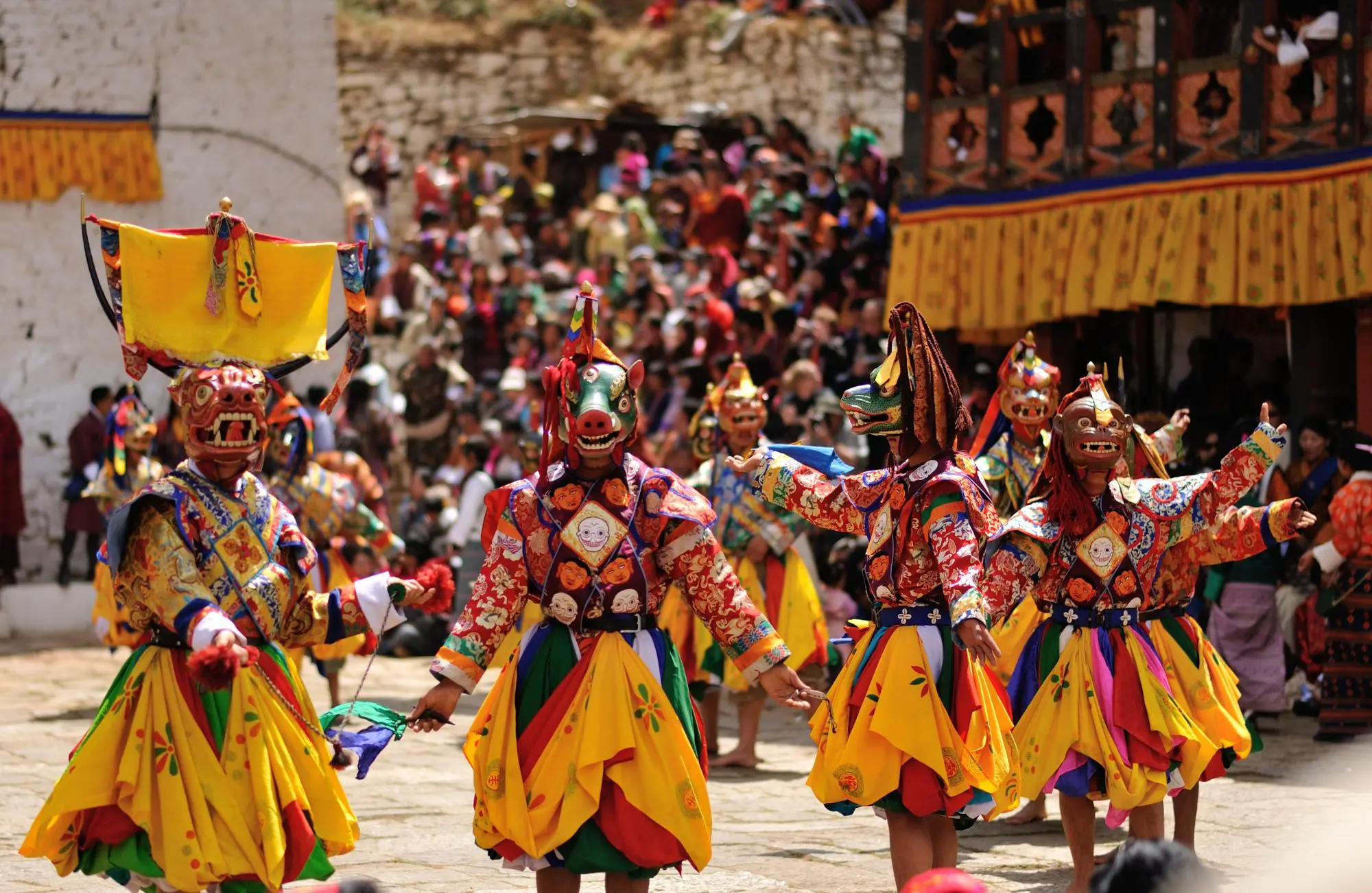Bhutan is globally recognized for its strong commitment to environmental preservation and sustainable development. Here are some key aspects of Bhutan’s approach:
- Constitutional Mandate: Bhutan is unique in having environmental preservation enshrined in its constitution. It mandates that at least 60% of the country’s total land area remains under forest cover at all times, ensuring the protection of biodiversity and ecosystems.
- Gross National Happiness (GNH): Bhutan’s development philosophy prioritizes Gross National Happiness over Gross Domestic Product (GDP). Environmental conservation is one of the four pillars of GNH, alongside sustainable development, cultural preservation, and good governance. This holistic approach places a strong emphasis on balancing economic growth with environmental stewardship.
- Carbon Neutrality: Bhutan is one of the few countries in the world that is carbon negative, meaning it absorbs more carbon dioxide than it emits. The country’s extensive forests act as a significant carbon sink, absorbing millions of tons of CO2 annually.
- Protected Areas and Biodiversity: Over half of Bhutan’s land area is designated as protected areas, including national parks, wildlife sanctuaries, and biological corridors. These areas help conserve the rich biodiversity of Bhutan, which includes many endangered species such as the Bengal tiger, snow leopard, and red panda.
- Sustainable Agriculture: Bhutan is committed to becoming the first fully organic nation, promoting sustainable agricultural practices that do not rely on chemical fertilizers or pesticides. This initiative supports both environmental health and the well-being of its citizens.
- Renewable Energy: Bhutan’s energy production is almost entirely based on hydropower, which is renewable and clean. The surplus electricity generated is exported to neighboring countries, providing a significant source of revenue while promoting regional cooperation on sustainable energy.
- Cultural and Spiritual Values: Environmental preservation in Bhutan is deeply rooted in its cultural and spiritual beliefs. The Bhutanese people have a strong connection to nature, and this is reflected in their reverence for natural landscapes, which are often seen as sacred.
- International Leadership: Bhutan has taken a leadership role in global environmental discussions, advocating for greater action on climate change and sustainable development. It has also pioneered the concept of “happiness” as a measure of national progress, influencing global conversations on the need to integrate environmental and social well-being into development policies.


